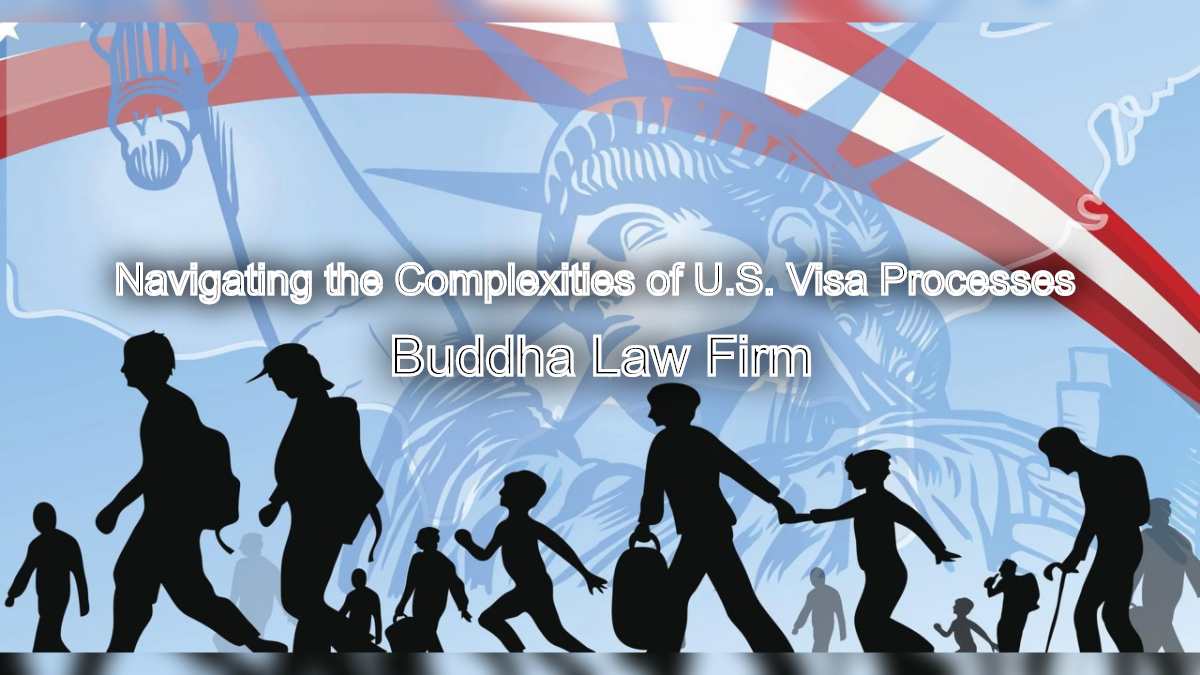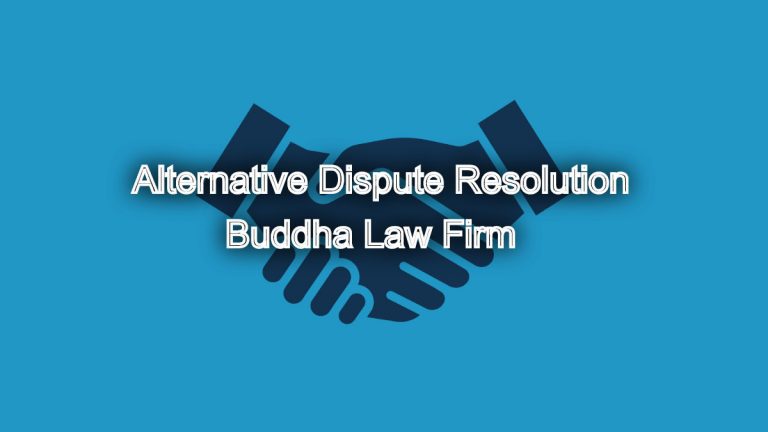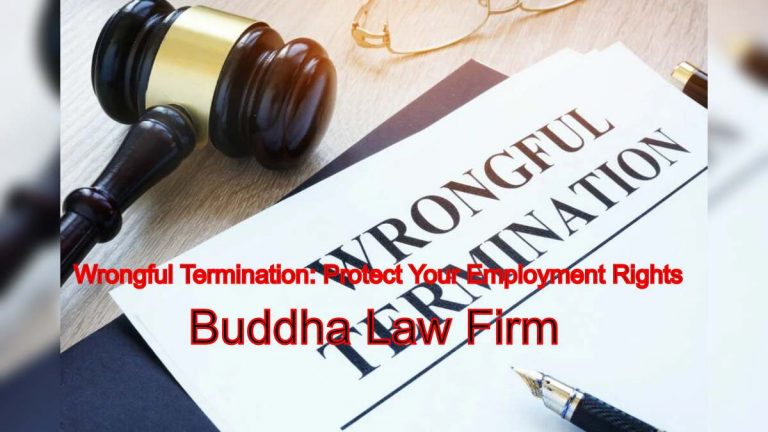Understanding Immigration Laws: The United States is a nation built by immigrants, and it continues to be a destination of choice for millions of people seeking better opportunities and a higher quality of life. However, navigating the complex U.S. immigration system can be a daunting task. Understanding the various visa categories, requirements, and processes is crucial for anyone considering immigration to the United States.
Understanding Immigration Laws: Navigating the Complexities of U.S. Visa Processes: Buddha Law Firm
Types of U.S. Visas
There are many different types of U.S. visas, each with its own specific requirements and eligibility criteria. Some of the most common types of visas include:
- Nonimmigrant Visas: These visas are issued to individuals who plan to visit the United States temporarily for purposes such as tourism, business, or study. Examples of nonimmigrant visas include:
- B-1/B-2 visitor visa
- F-1 student visa
- H-1B work visa
- J-1 exchange visitor visa
- Immigrant Visas: These visas are issued to individuals who intend to live permanently in the United States. Examples of immigrant visas include:
- Family-based immigration visa
- Employment-based immigration visa
- Diversity Visa Lottery
The Visa Application Process
The visa application process can be lengthy and complex. It typically involves the following steps:
- Determine Eligibility: The first step is to determine which visa category you are eligible for based on your circumstances.
- Gather Required Documents: You will need to gather a variety of documents to support your visa application, such as passports, birth certificates, and financial statements.
- Complete the Application Form: You will need to complete the appropriate visa application form.
- Pay the Visa Fee: You will need to pay the visa fee.
- Schedule an Interview: In most cases, you will need to schedule an interview at a U.S. embassy or consulate.
- Attend the Interview: At the interview, you will be asked questions about your application and your plans for your stay in the United States.
- Wait for a Decision: After the interview, you will need to wait for a decision on your visa application.
The Importance of Legal Representation
The immigration process can be complex and confusing. It is highly recommended to seek legal representation from a qualified immigration attorney. An immigration attorney can help you:
- Determine your eligibility for a visa
- Gather the required documents
- Complete the visa application form
- Represent you at your visa interview
- Navigate the appeals process if your visa application is denied
Buddha Law Firm: Your Trusted Legal Partner
Buddha Law Firm is a team of experienced immigration attorneys who are dedicated to helping clients achieve their immigration goals. We offer a wide range of immigration services, including:
- Visa applications
- Green card applications
- Citizenship applications
- Deportation defense
- Family-based immigration
- Employment-based immigration
We are committed to providing our clients with the highest quality legal representation. Our team of attorneys is knowledgeable and experienced, and we are always available to answer your questions.
FAQs on U.S. Immigration Laws
A nonimmigrant visa is issued to individuals who plan to visit the United States temporarily, while an immigrant visa is issued to individuals who intend to live permanently in the United States.
Some of the most common types of U.S. visas include:
B-1/B-2 visitor visa
F-1 student visa
H-1B work visa
J-1 exchange visitor visa
Family-based immigration visa
Employment-based immigration visa
The visa application process typically involves the following steps:
Determine eligibility
Gather required documents
Complete the application form
Pay the visa fee
Schedule an interview
Attend the interview
Wait for a decision
An immigration attorney can help you:
Determine your eligibility for a visa
Gather the required documents
Complete the visa application form
Represent you at your visa interview
Navigate the appeals process if your visa application is denied
The fees for immigration services vary depending on the type of visa you are applying for and the complexity of your case. It is recommended to consult with an immigration attorney to get a quote for their services.
Conclusion
Navigating the U.S. immigration system can be a challenging process. However, with the help of a qualified immigration attorney, you can increase your chances of success. Buddha Law Firm is here to help you achieve your immigration goals. Contact us today to schedule a consultation.
Read More
- Business Litigation Protecting Your Company’s Interests in Legal Disputes
- Starting a Small Business: Legal Requirements and Steps to Success
- Navigating Child Custody Battles: What You Need to Know
- The Importance of Estate Planning: Securing Your Legacy and Protecting Your Loved Ones
- Navigating Business Contracts: Tips for Drafting and Negotiating Agreements
- Ministry of External Affairs:




